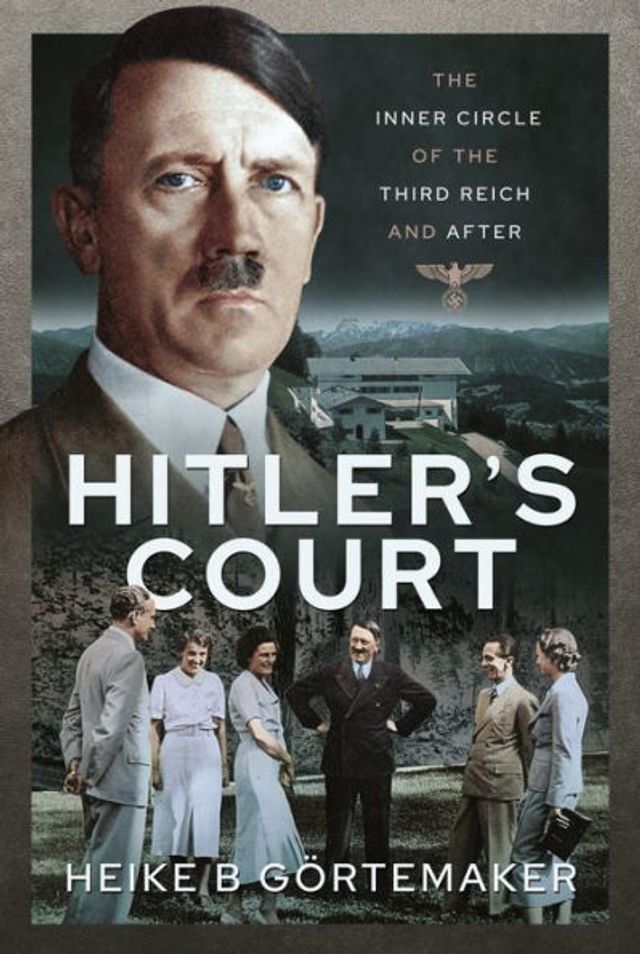Home
Haunted Laughter: Representations of Adolf Hitler, the Third Reich, and Holocaust Comedic Film Television
Barnes and Noble
Haunted Laughter: Representations of Adolf Hitler, the Third Reich, and Holocaust Comedic Film Television
Current price: $116.00


Barnes and Noble
Haunted Laughter: Representations of Adolf Hitler, the Third Reich, and Holocaust Comedic Film Television
Current price: $116.00
Size: Hardcover
Loading Inventory...
*Product information may vary - to confirm product availability, pricing, shipping and return information please contact Barnes and Noble
A 2023 Choice Reviews Outstanding Academic Title
Haunted Laughter addresses whether it is appropriate to use comedy as a literary form to depict Adolf Hitler, The Third Reich, and the Holocaust. Guided by existing theories of comedy and memory and through a comprehensive examination of comedic film and television productions, from the United States, Israel, and Europe, Jonathan Friedman proposes a model and a set of criteria to evaluate the effectiveness of comedy as a means of representation. These criteria include depth of purpose, relevance to the times, and originality of form and content. Friedman concludes that comedies can be effective if they provide relevant information about life and death in the past, present, or future; break new ground; and serve a purpose or multiple purposes—capturing the dynamic of the Nazi system of oppression, empowering or healing victims, serving as a warning for the future, or keeping those who can never grasp the real horror of genocide from losing perspective.
Haunted Laughter addresses whether it is appropriate to use comedy as a literary form to depict Adolf Hitler, The Third Reich, and the Holocaust. Guided by existing theories of comedy and memory and through a comprehensive examination of comedic film and television productions, from the United States, Israel, and Europe, Jonathan Friedman proposes a model and a set of criteria to evaluate the effectiveness of comedy as a means of representation. These criteria include depth of purpose, relevance to the times, and originality of form and content. Friedman concludes that comedies can be effective if they provide relevant information about life and death in the past, present, or future; break new ground; and serve a purpose or multiple purposes—capturing the dynamic of the Nazi system of oppression, empowering or healing victims, serving as a warning for the future, or keeping those who can never grasp the real horror of genocide from losing perspective.

















